Chancellor Olaf Scholz will ask the German parliament on December 16 to vote no confidence in him, marking the first step on the road to early elections after the coalition government collapsed.
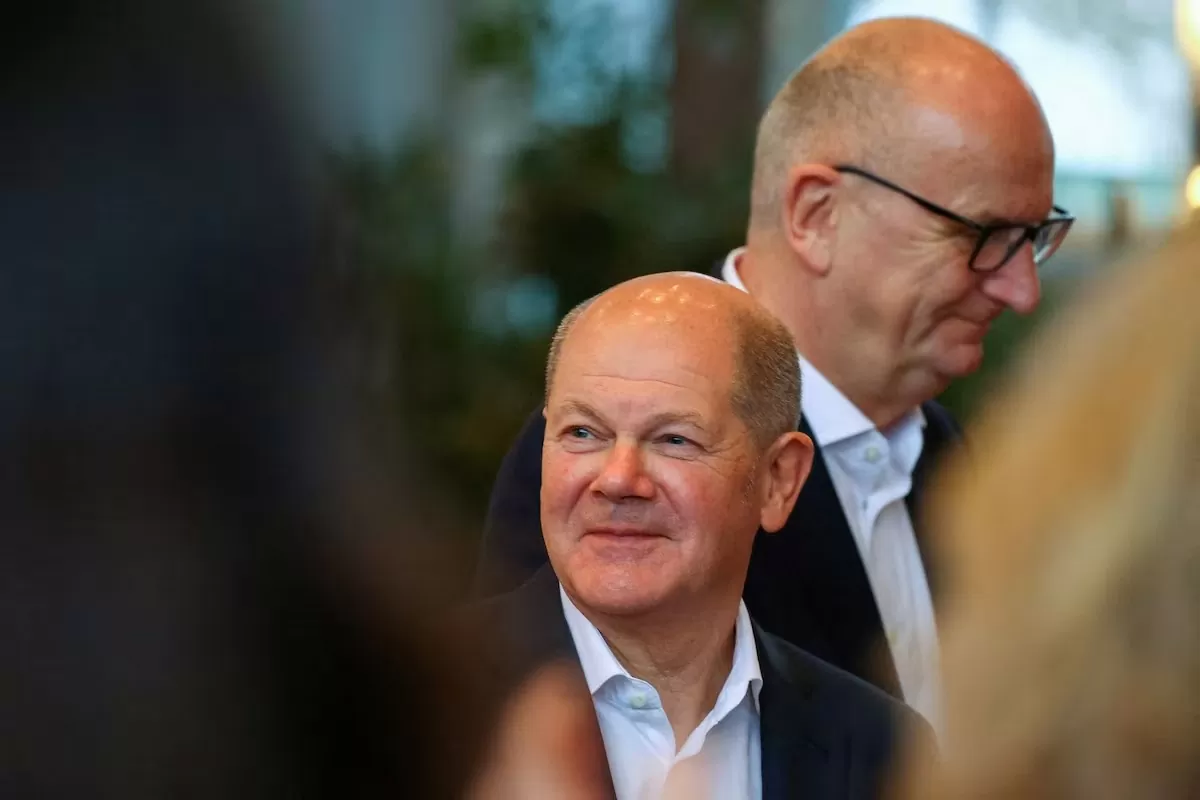 |
| German Chancellor Olaf Scholz. (Source: Reuters) |
The withdrawal of the Free Democratic Party (FDP) from the three-party coalition has cost Chancellor Scholz's Social Democratic Party (SPD) and the Greens their parliamentary majority. This comes at a time when Germany is facing its most serious economic crisis in decades.
“If the lawmakers agree with my proposal, I will ask the president to dissolve Parliament,” Scholz told reporters on December 11.
German President Frank-Walter Steinmeier said he would take the necessary steps after the vote on December 16 and had agreed with parties in parliament that early elections would be held on February 23.
If the no-confidence vote passes, Chancellor Scholz and his ministers will continue to act as caretaker prime ministers until a new government is formed, which could take months if coalition talks drag on.
Mr Scholz also proposed a series of measures that could be passed with opposition support, including €11 billion ($11.55 billion) in tax cuts and increased child benefits – policies that previous coalition partners have agreed on.
In addition, the German government is also discussing measures to strengthen the protection of the Constitutional Court against the threat of populist or anti-democratic governments, reduce energy prices and extend the low-cost transport ticket program.
However, the outcome of the vote is still unclear. Chancellor Scholz's SPD party is likely to vote for him, while the opposition conservatives – currently leading in the polls – and the FDP are expected to vote for no confidence.
The far-right Alternative for Germany (AfD), which has been rejected by all other parties, could also cause a surprise by giving Scholz a vote of confidence.
If both the SPD and the Greens back Chancellor Scholz, he could find himself in the awkward position of remaining in power with the support of a party he sees as anti-democratic.
If that happens, many observers believe that Chancellor Scholz will resign, which means triggering early elections. To avoid this scenario, many lawmakers predict that the Green Party will likely abstain in the upcoming vote.
Source: https://baoquocte.vn/thu-tuong-duc-de-nghi-quoc-hoi-don-duong-cho-bau-cu-som-297561.html


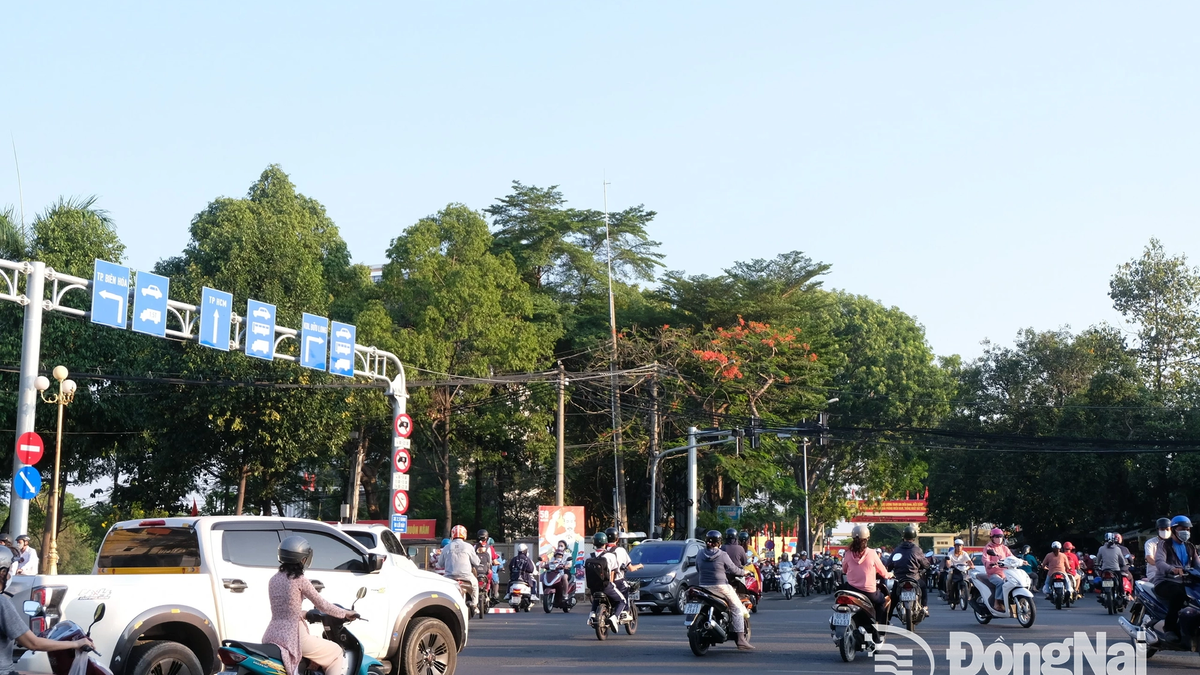




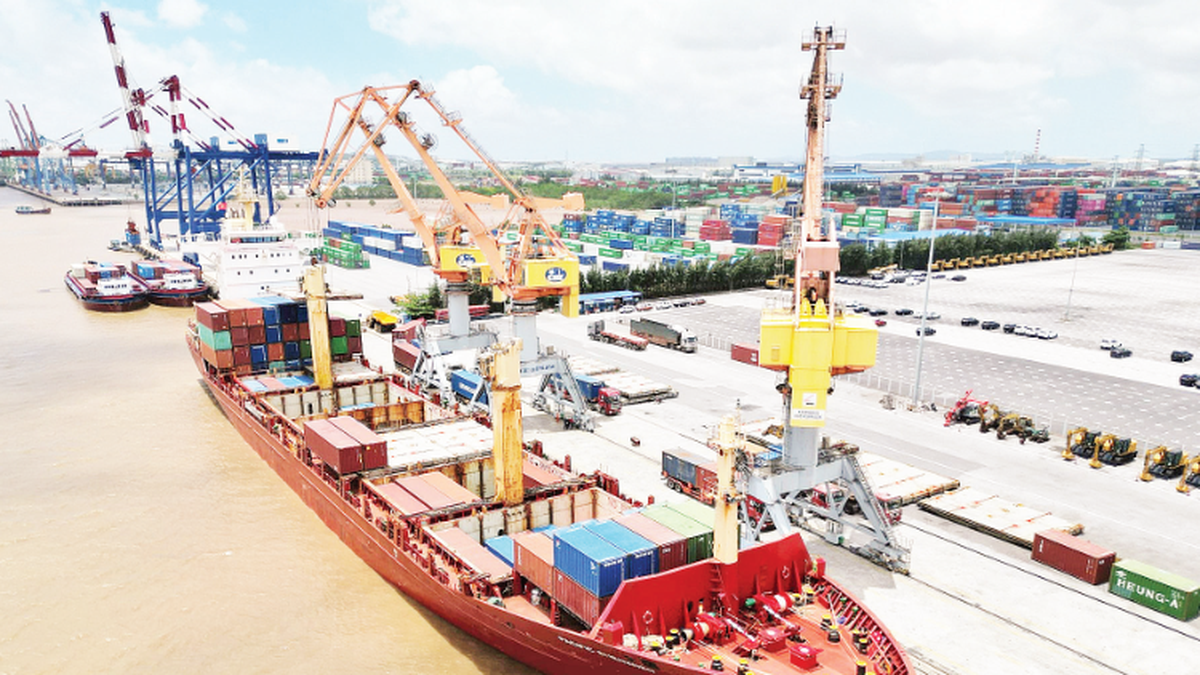
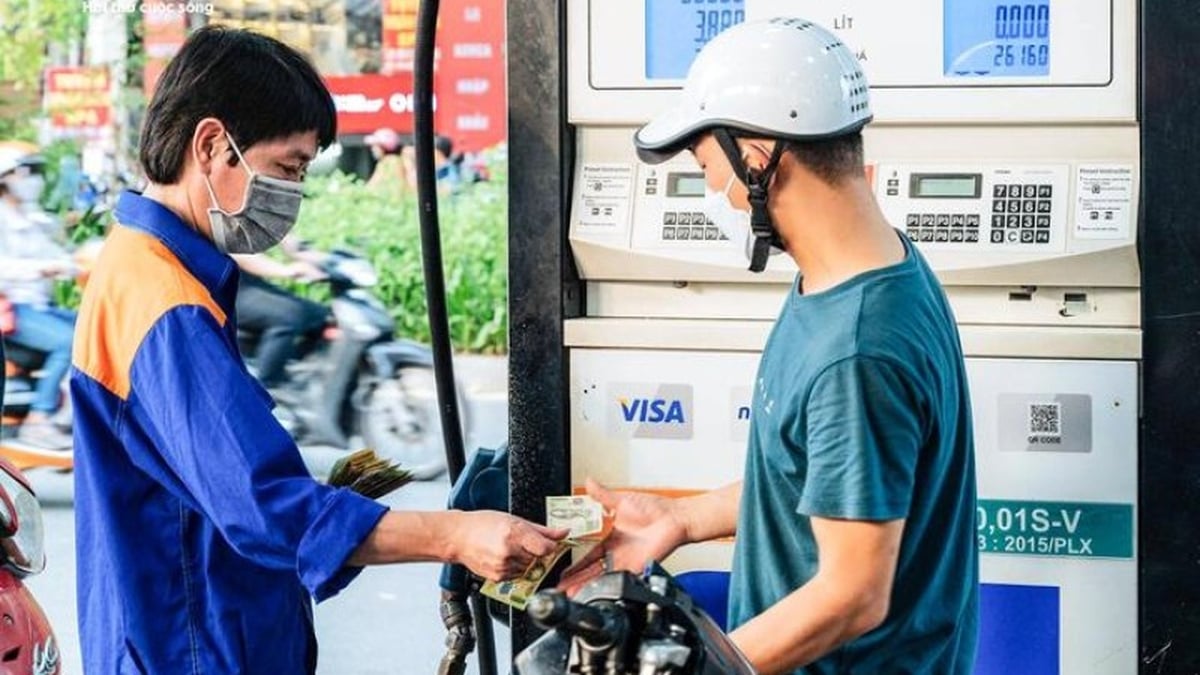
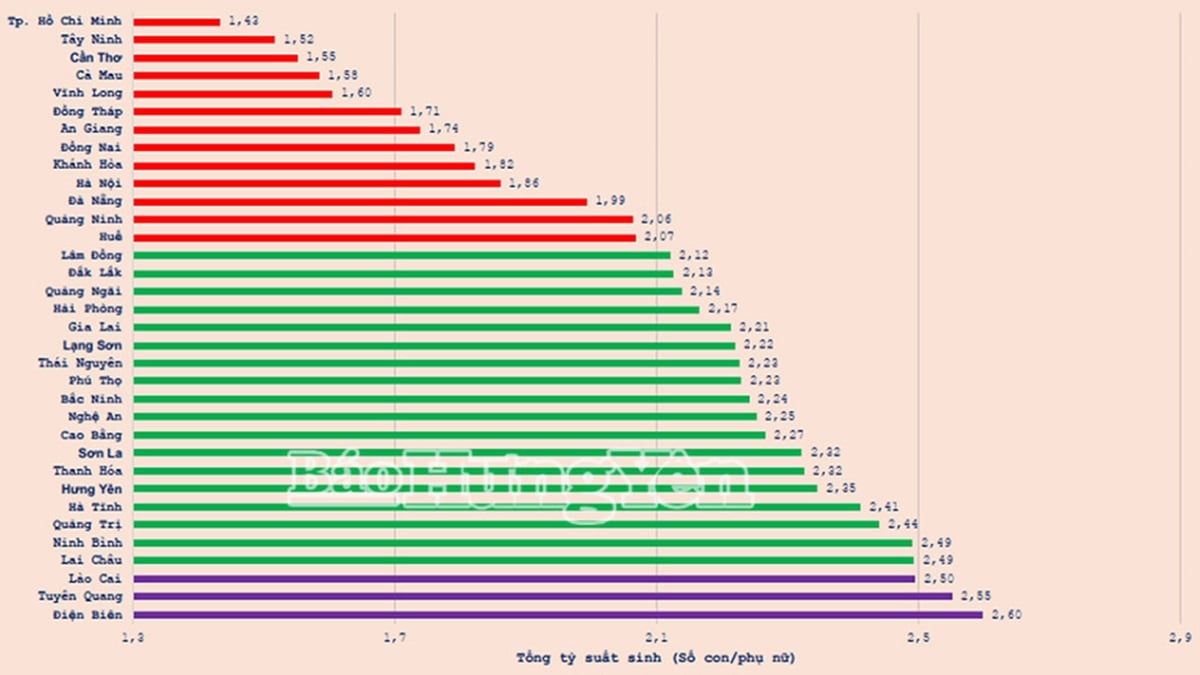





















































![[Maritime News] More than 80% of global container shipping capacity is in the hands of MSC and major shipping alliances](https://vphoto.vietnam.vn/thumb/402x226/vietnam/resource/IMAGE/2025/7/16/6b4d586c984b4cbf8c5680352b9eaeb0)










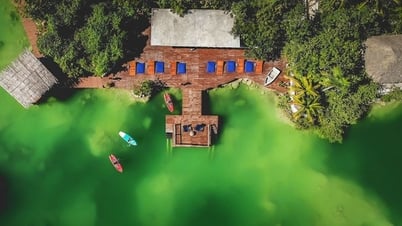

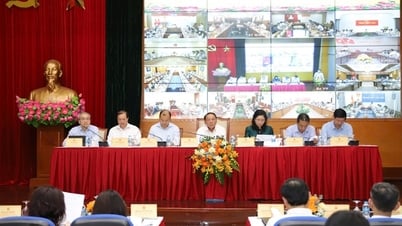
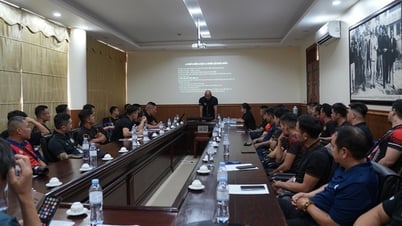























Comment (0)